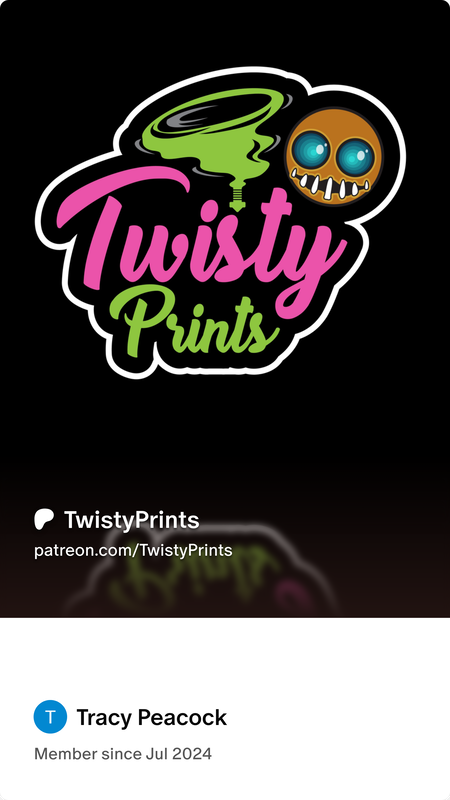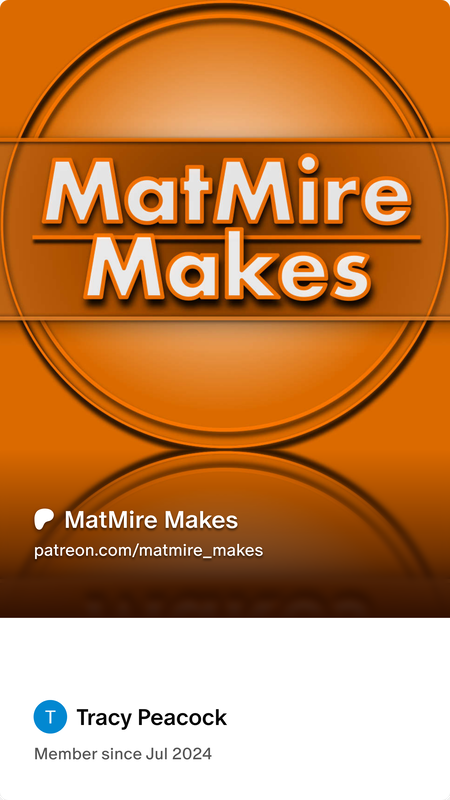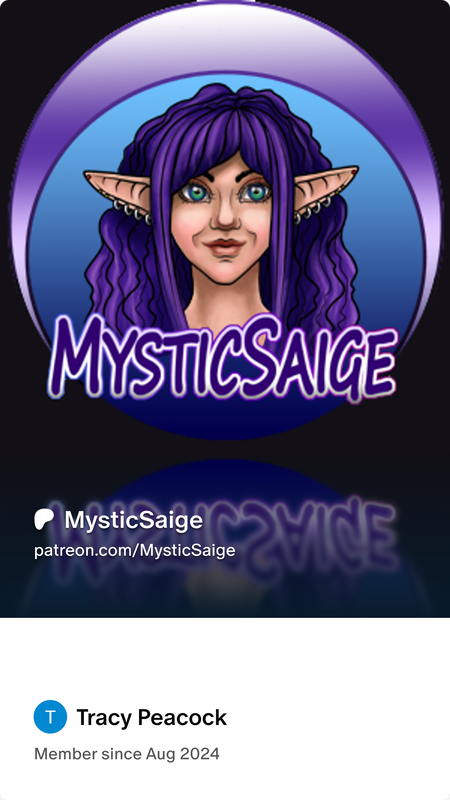|
Greetings, valiant adventurers and aspiring heroes! If you’ve ever found yourself tangled in the chaotic dance of battle during a tabletop RPG, you may have heard echoes of the mysterious term **“action economy.”** But what does that even mean? Is it like the economy but with more dice rolling? Spoiler alert: it’s less about spreadsheets and more about maximizing your heroic potential! Buckle up as we explore the secrets of action economy—the ultimate tool for mastering the battlefield and ensuring your adventures are not just epic but smartly executed!
Understanding Action Economy: The Basics, What Is Action Economy? Let’s break it down! In RPGs, action economy refers to the concept of how many actions characters can take in a single turn during combat. We’re talking standard actions, bonus actions, reactions, and movement actions. Understanding this system is crucial because it can significantly affect the outcome of any encounter. Imagine a chaotic tavern brawl. Everyone’s shouting, mugs are flying, and suddenly your rogue shouts, “I’m going to sneak attack the bartender!” But if they’re relying solely on their one action while the brawling twin barbarians dominate the scene, their impact might be minimal. Knowing how to maximize your turns with action economy can mean the difference between victory and saying, “Right, I’ll just have a water.” Why Does Action Economy Matter? Simply put, effective action economy can turn the tide of battle. A party that understands how to maneuver their actions can create overwhelming advantages against their foes, while those who don’t may find themselves vulnerable, overwhelmed, or worse—surrounded by angry bouncers. Essentially, a well-coordinated team can multiply their effectiveness, while a disorganized group may flounder. The Basics of Actions in RPGs, Types of Actions: Let’s delve into the juicy bits! Here’s a breakdown of the different types of actions you can take during your turn: - **Standard Action:** Usually your main action for attacking enemies, casting spells, or doing something heroic. This is your bread and butter! - **Bonus Action:** This handy little action can often be taken alongside your standard action. However, keep in mind that not all characters or situations grant bonus actions. It’s usually linked to specific spells or abilities. - **Reaction:** This is your opportunity to spring into action outside your turn in response to something. Did an enemy just walk past you? You might want to use your reaction to attack! - **Movement:** You have a certain distance you can move on your turn, often determined by your character’s speed. This action is prime for tactical repositioning—important for dodging fireballs or glorious leaps over tables in a tavern. Movement: Not Just for Dancers: Don’t underestimate the value of movement! Positioning is key in combat, and being in the right spot can drastically change your effectiveness. I once played a mighty Paladin who, in one critical moment, leaped over a broken wagon while shouting, “I’ll save you!” and ended up standing between our rogue and an oncoming ogre. The rogue, however, hadn’t expected a line of defense and suddenly had the bouncer on their other side! Maximizing Your Actions, Combining Actions for Maximum Impact: To truly dominate the battlefield, you must learn how to combine your actions strategically. Think of it as choreographing a magnificent dance—the better you are at coordinating your moves, the more stunning your performance! For instance, let’s say you’re a fighter. You could spend your standard action to attack, move into a better position with your movement, and maybe finish with a bonus action to ready a shield. Imagine the power! You’re not just swinging at empty air; you’re strategically positioning yourself to take out that pesky enemy spellcaster. Utilizing the Environment: Ah, the battlefield itself! It’s like a giant puzzle waiting to be solved with your creative genius. Use obstacles, cover, or terrain to your advantage. Need to hide from a foe? Duck behind that table! That barrel of ale? Perfect for causing a distraction! During one session, my party found ourselves besieged by an overwhelming number of goblins. Instead of charging in, we used our environment to retreat behind some barrels, where our wizard could safely launch spells. Meanwhile, our rogue clambered up a stack of boxes to deliver a well-timed sneak attack. We set the goblins on fire and chuckled our way through victory, all thanks to clever environmental use! The Role of Teamwork in Action Economy, Synergizing with Party Members: You know what they say: teamwork makes the dream work! In an RPG, this couldn’t be truer. Learning how your party members’ actions can complement each other is crucial. If everyone knows how to sync their turns effectively, they amplify each other’s strengths. For instance, if the cleric buffs the fighter with a spell that increases attack power, and the rogue flanks the enemy to get that sneaky advantage—players can create a chain reaction where each character benefits from the success of the others. During one epic encounter, we devised an elaborate plan: our ranger would focus on distracting the enemy with swift arrows while our bard gave fascinating, rousing speeches to inspire us all. By the time I as a Paladin charged in with my sword aloft, the foes were already rattled and ready to flee! Incorporating Buffs and Support: Characters like bards and clerics shine when it comes to supporting their allies. Buffs can substantially alter action economy! An inspiring word from the bard may grant everyone an extra action, while that cleric’s healing spell might ensure the fighter can keep attacking instead of hiding behind cover. In one nail-biting match against a powerful necromancer, our bard sang a powerful combination of support songs, granting the fighter enough strength to charge the enemy, disarming them and buying our wizard the precious seconds needed to unleash a killer spell. If that wasn't teamwork, I don’t know what is! Common Mistakes to Avoid, Don’t Overcommit: One common pitfall is overextending during combat. It’s easy to get excited and rush headlong into battle! However, if your character goes too far out and exposes themselves to a flurry of attacks, it could lead to trouble. I once played a rogue who confidently darted into the fray only to find themselves cornered by a group of vicious kobolds. They had to burn through precious health potions while trying to escape. Remember—sometimes discretion really is the better part of valor! Ignoring Reactions: Another vital aspect often overlooked is the reaction. Players tend to focus heavily on their action or movement and forget they have a reactive opportunity. Utilizing reactions can turn the tide at critical moments! For example, my friend missed several chances to use their opportunity attacks and magic interrupts during one battle. We took care of our enemies, but it could have been magnificent to watch our wizard zap people as they sprinted away. Advanced Action Economy Strategies, Multi-Enemy Scenarios: When facing multiple foes, managing action economy can get chaotic. The key is to prioritize threats based on the enemies’ actions and their weaknesses while your teammates support one another. If you can create a plan to distribute damage, where everyone takes care of specific targets, you can enhance your chances of survival. I remember a climactic showdown against a swarm of enemy grunts and a powerful lieutenant. We focused on the henchmen first, swiftly dispatching them before turning our attention to the head honcho. Together, we whittled down the enemy numbers, demonstrating the importance of tactical engagement! Tracking Action Economy: When things get wild, keeping track of your collective actions can save time and confusion. Consider using a simple notepad or digital tools for complex battles. During my favorite long campaigns, I often kept a visual tracker of who had used their actions and movement. This kept everyone focused and flowing, ensuring no one duplicated roles accidentally. Real-World Examples and Scenarios, A Battle to Remember: Let me tell you about a time when everything clicked. During a particularly challenging encounter, our team faced a hefty dragon terrorizing a village. As we prepped to strike, we coordinated our actions beautifully. The ranger focused on sniping from afar, the cleric buffed everyone, and the rogue set traps behind the dragon's path. When it was my turn, I lunged in with my halberd, rolling a natural 20, combining my attack with a spell! The dragon’s health plummeted while our team operated like a well-oiled machine. That battle became the stuff of legends, all thanks to our execution of action economy! Learning from Failure: Conversely, in one disastrous encounter with a cunning group of thieves, we forgot to strategize effectively. We charged in one by one, easily isolating ourselves and falling prey to their ambush. We learned the hard way that sometimes pausing to coordinate can make all the difference! Embrace the Power of Action Economy! Congratulations, brave adventurer! You’ve now unlocked the secrets of action economy! By understanding and mastering this powerful tool, you’ll not only enhance your gameplay but also elevate your roleplaying adventures to a whole new level of excitement. Whether you’re commanding your party through treacherous dungeons or engaging in epic skirmishes, keep action economy in your sights, and you’ll find yourself at the top of your game. Now that you’re armed with this vital knowledge, what tactics are you planning to implement in your next campaign? Have you experienced epic victories or hilarious blunders tied to action economy? Let’s keep the excitement rolling! May your actions be bold and your dice always roll high! ⚔️🎲
0 Comments
Leave a Reply. |
Archives
December 2024
Categories |








 RSS Feed
RSS Feed